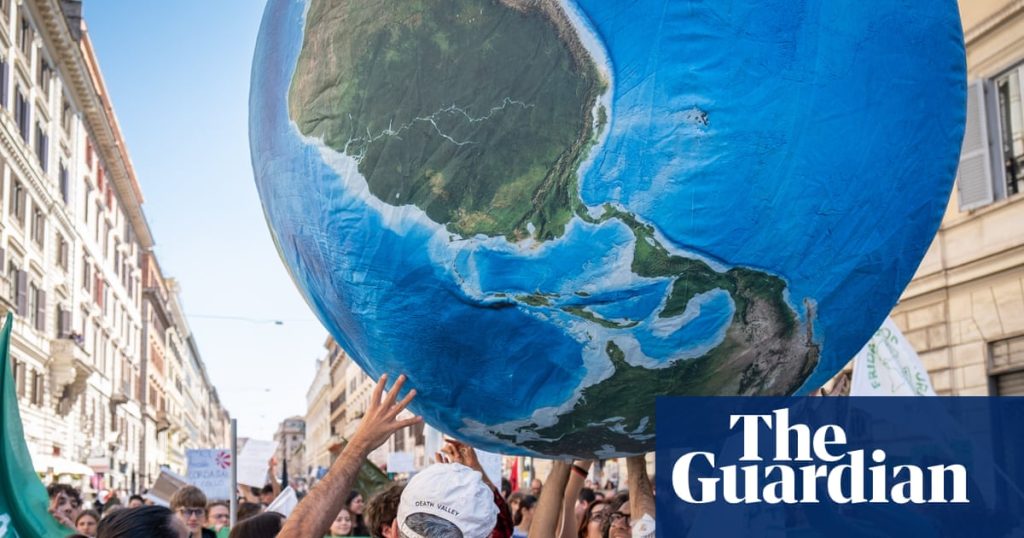Politicians and policymakers significantly underestimate the public’s willingness to contribute to climate action, limiting the ambition and scope of green policies, according to research.
Delegates at the United Nations Environment Assembly (UNEA) were asked to estimate what percentage of the global population would say they were willing to give 1% of their income to help fix climate change. The average estimate was 37%, but recent research found the true figure is 69%.
The same research found 89% thought their national government “should do more to fight global warming”.
The findings follow a recent call for a climate policy reset from the former UK prime minister Tony Blair, who claimed emission reduction policies lack public support.
For the study authors, the large disparity between the perceived and actual figures was a worrying case of what they called “pluralistic ignorance”, wherein people systematically underestimate the willingness of their fellow citizens to act on an issue, which leads to the status quo being maintained.
This “misperception gap” was especially surprising to the researchers given that the UNEA survey group – 191 delegates from 53 countries – comprised individuals with a higher level of personal engagement and climate expertise overall, including 24 active policy negotiators. Nevertheless, 83% of delegates surveyed agreed to some degree that individual members of the public have the ability to take meaningful climate action.
The findings of the study have two main implications, according to the authors. “They indicated a disconnect between the policymakers’ perceptions and the views of those on whose behalf they act,” said Dr Ximeng Fang, of the Saïd Business School at the University of Oxford, the lead author of the study.
Dr Stefania Innocenti, a co-author, of Oxford’s Smith School of Enterprise and the Environment, said: “Policymakers will try to play it safe if they feel they have no public mandate … they will try to play it safe and water down bold policy proposals. The magnitude of this result is a call for action … if we don’t close this gap, we will end up with frustrated ambitions.”
Secondly, Fang said, policymakers should prioritise talking about climate solutions and how to make them reality, instead of wasting time and energy debating their necessity.
The planet’s most important stories. Get all the week’s environment news – the good, the bad and the essential
Privacy Notice: Newsletters may contain information about charities, online ads, and content funded by outside parties. If you do not have an account, we will create a guest account for you on theguardian.com to send you this newsletter. You can complete full registration at any time. For more information about how we use your data see our Privacy Policy. We use Google reCaptcha to protect our website and the Google Privacy Policy and Terms of Service apply.
after newsletter promotion
“Net zero is not just feasible but also economically sensible,” Fang said, adding that the key was to persuade people by informing them of these potential benefits. By constructing climate storylines that centre optimism and hope, the authors believe, the “misperception gap” may be closed, thereby countering “the impact of news media … with particular ideological viewpoints”.
Dr Joshua Ettinger, another co-author, of the Center for Climate Change Communication at George Mason University, said: “I hope our research encourages policy officials to be braver and pursue more ambitious climate policies. They have more public support than they may realise.”

